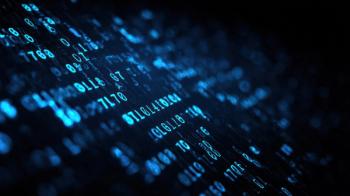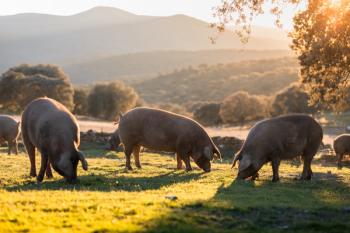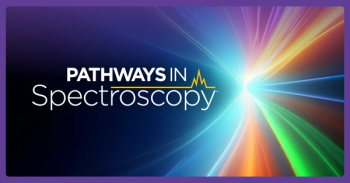
European Short Course on Time-Resolved Fluorescence Spectroscopy Offered
PicoQuant, a research and development company specializing in optoelectronics and based in Berlin, Germany, is collaborating with Joseph R. Lakowicz from the Center of Fluorescence Spectroscopy (CFS) in Baltimore, Maryland, to offer a short course on the “Principles and Applications of Time-Resolved Fluorescence.”
PicoQuant, a research and development company specializing in optoelectronics and based in Berlin, Germany, is collaborating with Joseph R. Lakowicz from the Center of Fluorescence Spectroscopy (CFS) in Baltimore, Maryland, to offer a short course on the “Principles and Applications of Time-Resolved Fluorescence.”
The four-day event, taking place November 5–8, 2018 at the WISTA Campus in Berlin, features an in-depth introduction to fluorescence spectroscopy and its applications to scientific fields such as life and materials science. Researchers from academia and industry interested in using fluorescence spectroscopy methods are encouraged to attend the course, which encompasses a series of lectures with accompanying practical sessions focusing on various instrumentation and software.
Instructors include Joseph R. Lakowicz from CFS; Zygmunt “Karol” Grycznski from the Texas Christian University in Fort Worth, Texas; Ranier Erdmann, PicoQuant’s managing director; and other senior PicoQuant scientists with extensive experience in time-resolved fluorescence spectroscopy. The practical sessions will focus on steady-state and time-resolved measurements, as well as data analysis. Instruments will be provided by Agilent and PicoQuant.
This year’s course will cover a range of topics, including the basics of fluorescence spectroscopy; instrumentation and data analysis, time-domain and frequency-domain measurements; anisotropy; solvent effects, quenching, Förster Resonance Energy Transfer (FRET); fluorescence sensing; fluorescence spectroscopy in biophysics and material science; and plasmon-controlled fluorescence.
For more information, please visit
Newsletter
Get essential updates on the latest spectroscopy technologies, regulatory standards, and best practices—subscribe today to Spectroscopy.




